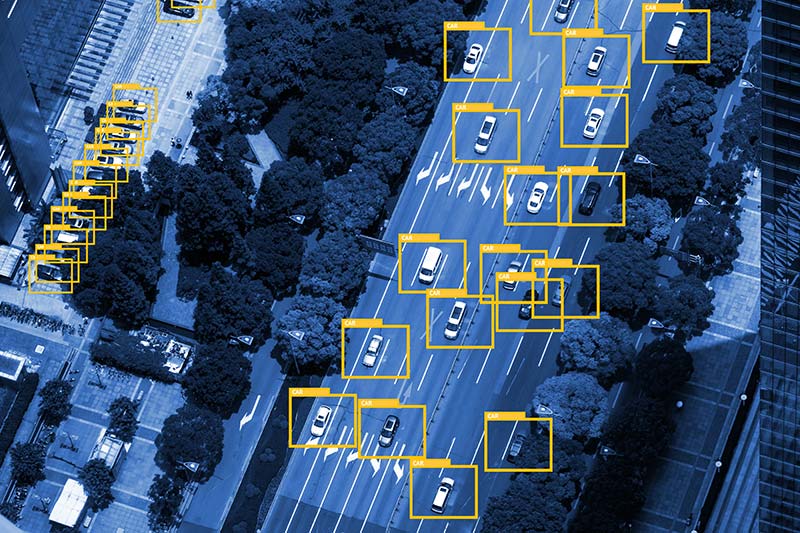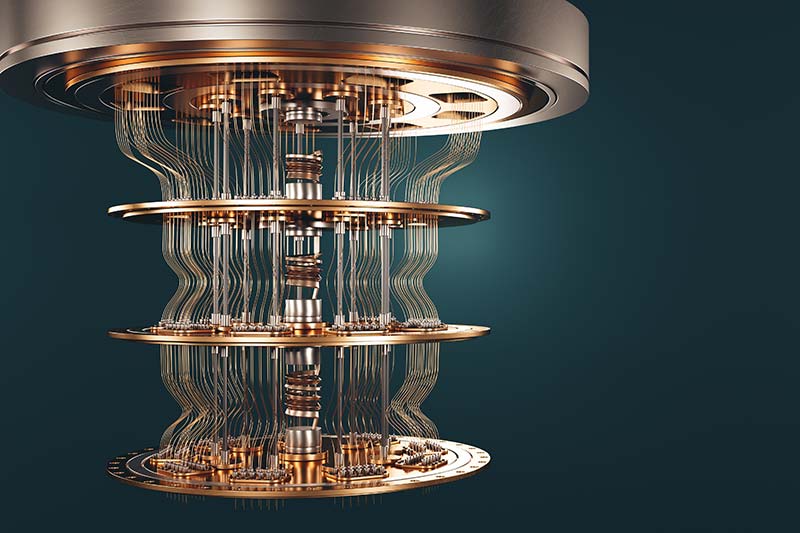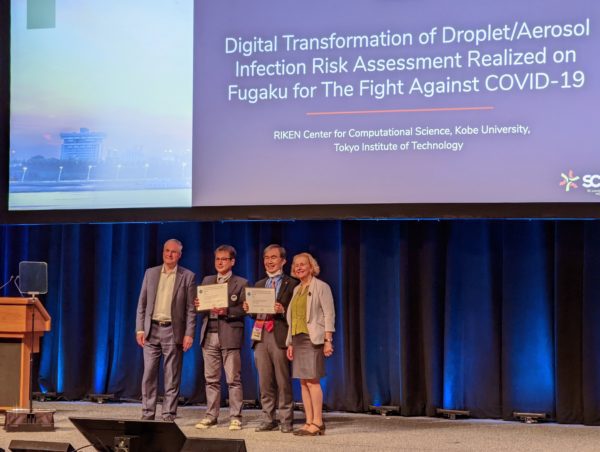
Researchers at Technology Innovation Institute (TII) in the United Arab Emirates have demonstrated a new approach to simulate cryptographic hacking algorithms on a quantum simulator that runs on classical computers. One of the key discoveries was a way to model the complexity of such computations that could be scaled to a full-sized quantum computer. The […]

Given its broad utility, it’s no surprise that light plays a critical role in enabling 21st century quantum information applications. For example, scientists use laser light to precisely control atoms, turning them into ultra-sensitive measures of time, acceleration, and even gravity. Currently, such early quantum technology is limited by size—state-of-the-art systems would not fit on a […]

To improve climate simulations, scientists are looking to the potential of artificial intelligence (AI). AI has offered profound insights in fields from materials science to manufacturing, and climate researchers are excited to explore how AI can be used to revolutionize how the Earth system, and especially its water cycle, can be simulated in order to dramatically improve our understanding […]

Researchers looking for a less cumbersome experience moving data between compute and storage resources have a far better option since the National Center for Supercomputing Applications (NCSA) at the University of Illinois Urbana-Champaign introduced Taiga. And, archiving the storage, provided by the closely coupled Granite system, will come at a better price. It all makes […]

Scientists know that plants emit chemicals into the soil to communicate information to other plants. These chemical messages, sent through fungal networks, may warn plants to defend against threats in their environment or to stop encroaching on another plant’s space. Scientists such as Jonathan Morris and Kathryn Morris of Xavier University are seeking to learn […]

As part of a series aimed at sharing best practices in preparing applications for Aurora, Argonne National Laboratory is highlighting researchers’ efforts to optimize codes to run efficiently on graphics processing units. Quantum Monte Carlo (QMC) methods are ideal candidates for the next generation of material-design tools, which target not only simple bulk properties but […]

Quantum Machines, creator of the first universal quantum computing cloud infrastructure, announced an investment from Qualcomm Ventures LLC. The investment in Quantum Machines is the first by Qualcomm Ventures in the Quantum Computing space and is an extension of the company’s Series B round announced earlier this year. The post Qualcomm Ventures Invests in Quantum […]

Researchers are developing a deep learning network capable of detecting disease biomarkers with a much higher degree of accuracy. The post Computer Scientists Develop Highly Accurate Method for Identifying Disease Biomarkers appeared first on HPCwire.

For the second (and, hopefully, final) year in a row, SC21 included a second major research award alongside the ACM 2021 Gordon Bell Prize: the Gordon Bell Special Prize for High Performance Computing-Based COVID-19 Research. Last year, the first iteration of this award went to simulations of the SARS-CoV-2 spike protein; this year, the prize […]

Using a supercomputer simulation, a research team at Lund University in Sweden has succeeded in following the development of a galaxy over a span of 13.8 billion years. The study shows how, due to interstellar frontal collisions, young and chaotic galaxies over time mature into spiral galaxies such as the Milky Way. The post Supercomputer […]










